|
Trigger Warning - This article contains images of a snake, shark, stingray and heights Most of us have a fear of something It can be big, it can be little, it can be rational, it can seem irrational. It can cause minor concern or paralysing distress. People have fear of a wide range of things from clowns to crocodiles, bees to buttons, snakes to storms, heights to horses. It can cause people to rearrange their lives so as not to encounter the things they fear. But fear is real and as outdoor adventurers, we are often exposed to fear-inducing things and situations. This can be tricky when we’re out on the trails, a long way from the safety of our homes. It’s important that we don’t dismiss the fears of our hiking buddies and instead, show each other support. Is Fear Bad? The word ‘fear’ often has negative connotations. And yet fear is evolution’s way of ensuring our survival. Fear helps protect us. It makes us alert to danger and prepares us to deal with it. Fear is not necessarily a bad thing. But it can be something that prevents us from doing things, especially if our fears are not taken seriously by others. When that happens, we can feel inept and deeply embarrassed. Having Empathy Why is there a picture of a stingray? Isn’t this a hiking group? Well yes it is! You’ll see the relevance when you keep reading. I was moved to write this blog after reading something on (yes another) Facebook forum. Just a note; if you’re hoping for a guide on how to overcome your fears of X, Y or Z, this is not it. I am not a psychologist and my thoughts are purely my own. However I will include a link to a great podcast episode by Summit Strength founder, Rowan Smith which has some amazing tips: Mental Strength For Hiking And Trekking This blog comes from the perspective of showing empathy for our hiker friends or really, our fellow humans in general. It’s about how our words can impact others either negatively or positively, sometimes without us even realising it. The Facebook post that prompted this article was on a swimming group I belong to. But I also see similar things on the bushwalking forums so I thought it worth writing about. Along with being a hiker, I am an avid open water swimmer. This is a passion I rediscovered last summer after more than 10 years away from my initial dabble in it. As with most hikers who are new to adventures on the trails, I joined a number of fabulous online open water swimming groups. There’s nothing quite as exciting as learning new things about a new passion! A few weeks ago, I was mindlessly scrolling Facebook (is there any other way to scroll?) when I saw a post by a woman in one of the open water groups. She is a regular open water swimmer with many years of experience. Her narrative was about how she’d just been for a swim in the bay when she’d encountered a huge stingray in the shallows which terrified her enough to bolt from the water and vow to never return to that beach again. She went on to say that she has a fear of stingrays and is very particular about where she swims in the hope of avoiding them. Now, I have swum at that very beach with a friend and we encountered that same stingray. I know it’s the same one because it was massive and is well known amongst the local swimmers. He is affectionately known as either Sting, Trevor or Ray, depending on who you talk to. And yes, he is humungous! My friend at the time was frightened. I was not. I have a fear of other things though that she probably doesn’t. That’s the thing with fear; it’s not the same for everyone. And no one’s fear is invalid. The thing that astounded me on reading the Facebook post was some of the thoughtless responses this poor woman received. If she posted to receive support, she went to the wrong place! Apart from a few warm, caring and supportive comments, most were pretty dismissive. They ranged from the innocent and trying to be helpful, “Stingrays are such beautiful creatures and we should feel honoured to share space with them” to the outright arrogant and unhelpful “don’t go in the water then” (I kid you not) and “harden up” (although I think that one may have been a playful dig from a friend - I certainly hope so anyway). Pretty awful for someone who laid her soul bare to have her fear openly dismissed at best or ridiculed at worst! I do want to say that this particular group, like the bushwalking groups, are wonderfully supportive and welcoming most of the time. But things like this seem to be a fairly common theme with fairly common, predictable and unhelpful responses. And yes, some responses genuinely do come from a good place which is lovely to see although maybe somewhat misguided. So, although that post was on a swimming forum, we see this play out in the online hiking groups too and in the conversations we have with each other on the trails. They range from fear of creatures such as leeches and snakes to terrain such as rocks and heights. And just because we might not experience fear of something it doesn’t invalidate someone else’s fear of it. Telling someone their fear is irrational or silly is thoughtless and super unhelpful. I’m ashamed to admit that, in the past, I’ve been guilty of downplaying others’ fear of leeches. What did it achieve? I’m not sure; maybe I thought I was braver or better or something equally as arrogant and wrong. It certainly didn’t help the person who had the fear. Aren’t we better to support each other? After seeing so many comments on the hiking forums along a similar vein, I realised that my words were pretty thoughtless and I changed my attitude and how I choose my words. Where does fear come from? Well, it literally starts in the brain and it triggers a whole heap of physiological responses. Flight, fight or freeze are our automatic responses. I won’t go further into this because this is not my area of expertise but you can find a heap of super interesting articles online. However I can talk about a couple of personal fears I have and their origins. You may have some too. At first you might wonder where your fear came from but when you really think about it, an episode at some stage in your life may have triggered it. You may have seen something, read something or heard about something that has stayed with you over a period of time. It doesn’t have to be something particularly big. For example, I have a fear of sharks when I swim in the ocean. Yeah I know, who doesn’t! This is a really common fear. It’s pretty easy to avoid though if you don’t spend much time in the ocean. But for someone who enjoys open water swimming, this is a biggie for me. I’m trying to overcome my fear of sharks but the reality is that they are in the same water in which I swim. Sharks look scary with their big sharp teeth and slitty eyes! Don’t get me wrong, I’m actually a lover of sharks but I am still super fearful of them. Why? Well for me it stems back to 1975. The blockbuster film, Jaws, has a lot to answer for! A whole generation of us were terrified by that shark that ate people with wild abandon! We look at that movie now and laugh at the very obvious mechanical monster of the sea and the unreality of the mass terror it inflicted on one seaside town. That line uttered by Sheriff Brody, “You’re going to need a bigger boat” as he first clamps eyes on Jaws, was one that many of us will never forget. That thing ate a boat for goodness sake! Yes, it was a movie. Yes it’s never happened like that in real life. But does knowing rationally that I’m unlikely to get taken by a shark make me any less fearful? Of course not. Those Jaws scenes play out in my head every time I’m swimming in the ocean. Coincidentally, I’ve just read an article in Australian Geographic that said that Great White sharks are responsible for an average one death per year worldwide. “You’re more likely to get eaten by a domestic cat” jokes BBC Naturalist Steve Backshall. Does this allay my fear? No. Fear can’t always be rationalised away. Jaws swam into my head and has taken up residence there for almost 50 years! He’s not going away anytime soon. This is the case for many of us and our own particular fears. Our fears have often been with us for a long, long time. Snakes rate particularly high on the list of fears for hikers. Here in Australia, we have some pretty nasty creatures in the ocean, the bush and the desert. The joke is that our wildlife will try to kill us. And yet nothing could be further from the truth (as long as you employ safe practices and have a healthy respect for nature). An article written by Dr Christina Zdenek for ABC Science states that, on average, two people per year die from snakebite in Australia despite around 3000 bites per year being inflicted. (As an aside, India records around 42000 snakebite deaths annually!). These are the facts. But we still fear snakes. Why? Well yes, they can kill you but it’s more likely due to those horror stories we’ve heard at some stage. And of course, they can look sneaky as they slither across our path or truly frightening if they raise their heads. When hikers encounter a snake, there is usually one of two reactions. Fascination or fear. But even those who are fascinated generally have a level of fear that protects them. Isn’t this a good thing? If someone is scared of snakes, telling them that only two people die annually from snake bite isn't helpful. It’s like the shark facts. You can tell me til you’re blue in the face; I’m still fearful. Jaws…….. Likewise telling them, “they are more scared of you than you are of them” is not helpful. It is a platitude which I’ve been guilty of using and in hindsight, I wish I hadn’t. It might be true. But it might not be if the snake feels threatened. Either way, their fear is real and saying stuff like that won’t make it go away (the fear, not the snake!) Past Trauma Sometimes fear comes from a past experience or trauma. Around 30 years ago, I tore the ligaments in my ankle playing basketball. The pain was absolutely excruciating! I can remember it like it was yesterday. The ankle healed. But the mental effects have not. Remembering that pain these days, I have a huge fear of sustaining an ankle injury whilst hiking. Those who have hiked with me know that I descend at the pace of a snail. I will always be way behind everyone else. I usually make light of it but the fact is that it’s a real thing in my head. The fear of twisting my ankle on a downhill can be quite overwhelming. I have actually cried on difficult descents due to the emotional stuff that fear induces. I look at other hikers gliding quickly down rocky terrain and think to myself, “What is wrong with them? Don’t they realise they could break an ankle?” Whilst they might look at me and think, “What is she worried about? She’s going to be fine”. My fear for me is real. Just like other people’s fears for them are real. I’ve hiked with people who are terrified of river crossings. Turns out they had a bad experience around water at one time. This makes perfect sense! I'm sure there are many who we hike with who have lived a past trauma that has impacted how they function on the trail in certain situations. The thing is, we don’t always know the stories of others or the past experiences that have shaped them to be who they are today. Some Common Hiker Fears I have seen friends almost paralysed by their fear of heights. Others won’t hike in summer because they’re terrified of encountering a snake. Many won’t hike in damp areas where leeches are prevalent. Some won’t hike near or across water. Some other fear-inducing things are are spiders, narrow spaces, caves, snow, rocks, bears. The list is as endless as that proverbial piece of string. How We Can Help Each Other As fellow human beings, let’s be mindful that our throw away comments can have a detrimental effect on those experiencing a fear. If they feel they’re not being taken seriously, it could go so far as to make them feel that maybe hiking isn’t for them. They may question what’s ‘wrong with them’ when, in fact, nothing is wrong with them. They may feel embarrassed enough to drop out of hiking altogether. That would be sad. Some typical responses to people’s fears I’ve seen and heard are: “Don’t be silly! You’ll be fine” “Why would you be scared of that?” “Just walk past it” (snakes) “Just don’t look down and you’ll be fine” (heights) “It’s not going to kill you” (leeches) “They are beautiful and you should just feel lucky to see one” (snakes, spiders, stingrays or any other living, moving thing) If you don't have any fears, it might be hard to comprehend how others do. This makes no one better or worse than the other. It's just us humans being, well, human! So what do we do when a fellow hiker has a fear? Like I said, I’m not a psychologist. But as a human being, I think the right thing to do is not make a mockery of anyone’s fear. Don’t laugh at them. Definitely don’t tell them they’re being ridiculous or irrational. Don’t throw facts in their face if they’re in the middle of an episode. If they need to remove themselves from the situation, go with them if they want company. Give them space if they don’t (as long as they’re safe). Don’t try to be a hero and push them through it in the belief they’ll be ‘cured’ once they ‘just do it’. If they do want to push through, give them time. Let them breathe. Support but don’t crowd. Don’t be in their face. During or after. They might need a moment or more to process what just happened if they managed to push through (could be walking past that snake, managing to navigate that high peak or flicking off that leech). If someone does push through, acknowledge how difficult that must have been for them. Don’t make a big song and dance about it. They might be embarrassed. But if they do want to make a big song and dance about it, encourage their celebration. Likewise, if they find themselves unable to push through, show them the same care and support. They may or may not want to try again. It’s their choice. On the whole, I think that most hikers are wonderfully supportive of each other. And most responses to people expressing their fears do come from a good place. People are innately good and don’t want to hurt others. But I think we can all take a minute to think about how our words could be more helpful, me included! About The Author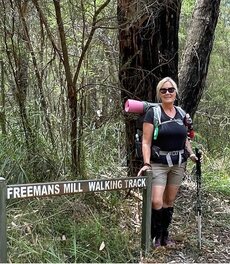 Andrea is a coach with Summit Strength, who specialise in helping hikers get strong and pain-free for their adventures. At the age of 54, she discovered a real passion for hiking. But she also discovered just how limiting physical fitness and pain can be on the trail. After signing up to one of the Summit Strength signature programs, she discovered just how much of a difference the right training can make to a hiker's enjoyment and comfort on their adventures. She knows that the journey isn't always easy and 'life' can sometimes impact on our training goals. She shares her insights and experiences with us in her blog articles. These days, as an Online Adventure Coach with Summit Strength, she helps hikers all around the world get fit, strong and resilient for their adventures. WANT TO GET FIT, STRONG AND RESILIENT FOR YOUR HIKING ADVENTURES? CHECK OUT THE ONLINE SUMMIT PROGRAM Comments are closed.
|
AuthorRowan is a personal trainer who specialises in training for hiking, trekkers and mountaineers for their bucket list adventures. Archives
July 2024
Categories
All
|
AboutSummit Strength is a personal training for hiking service created specifically to help hikers have the best chance of a safe, enjoyable and successful adventure.
|
Company |
Services |
|
|
© COPYRIGHT 2018. ALL RIGHTS RESERVED.
|
Website Design by My Personal Trainer Website
|

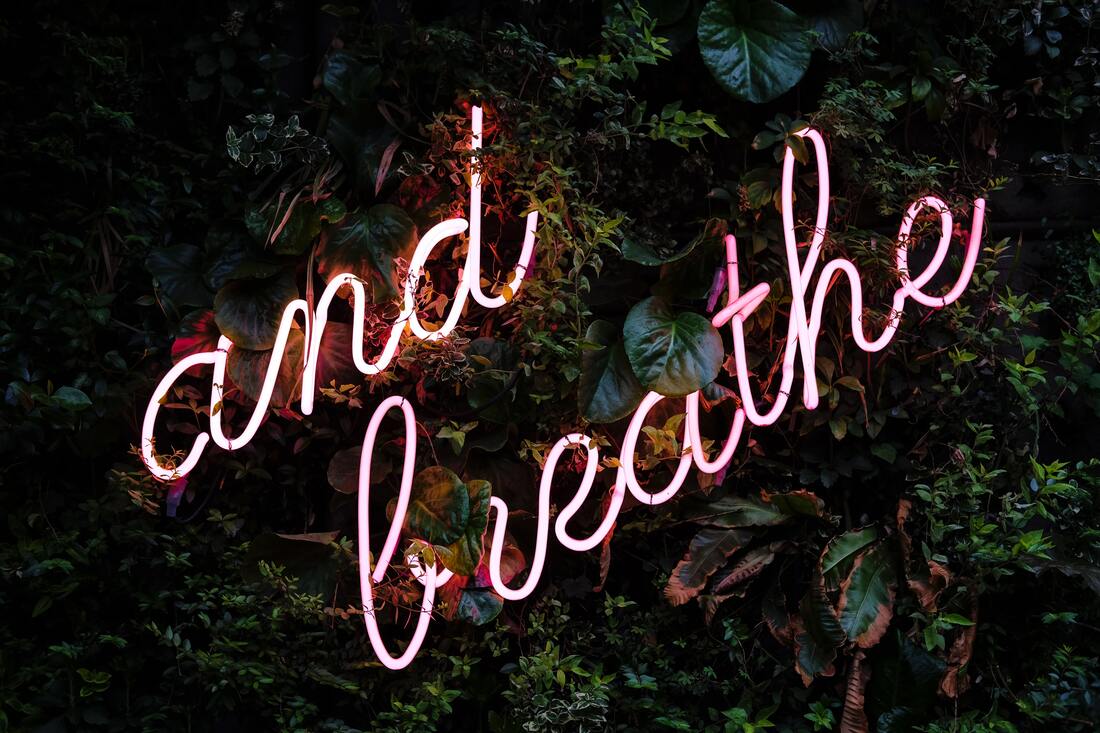
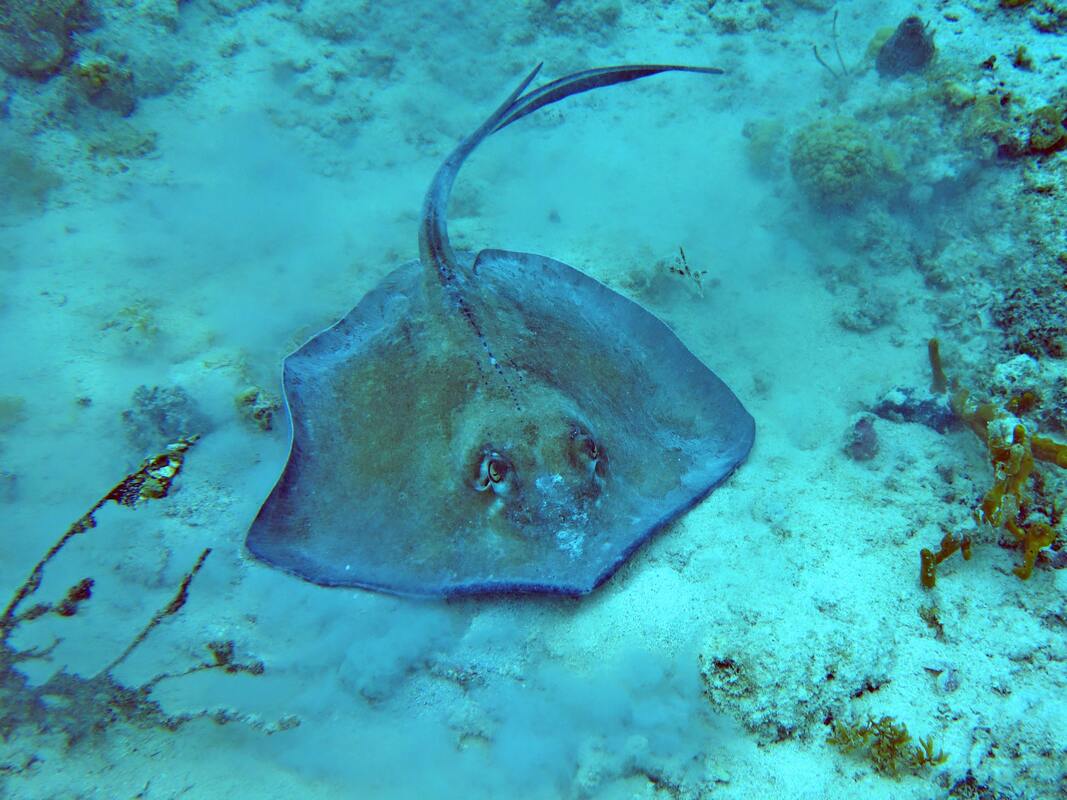
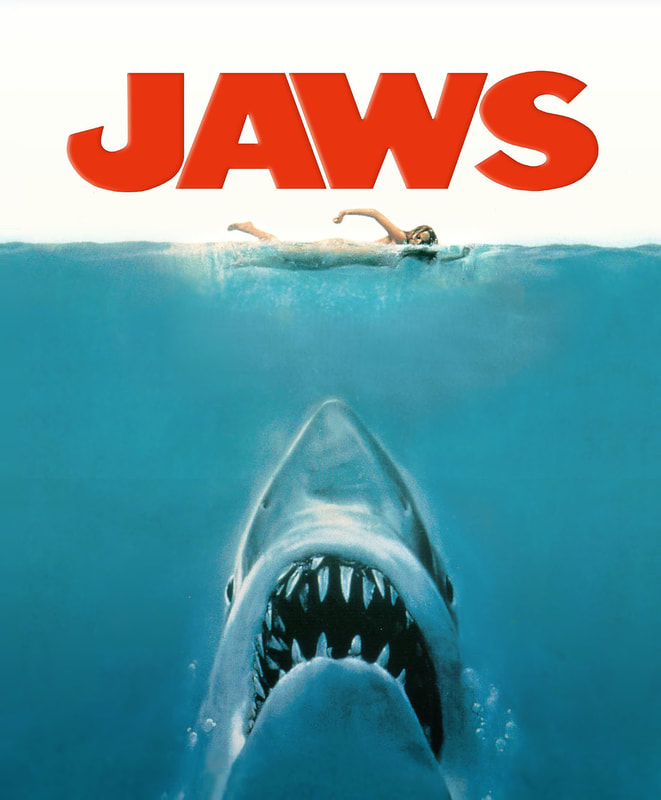
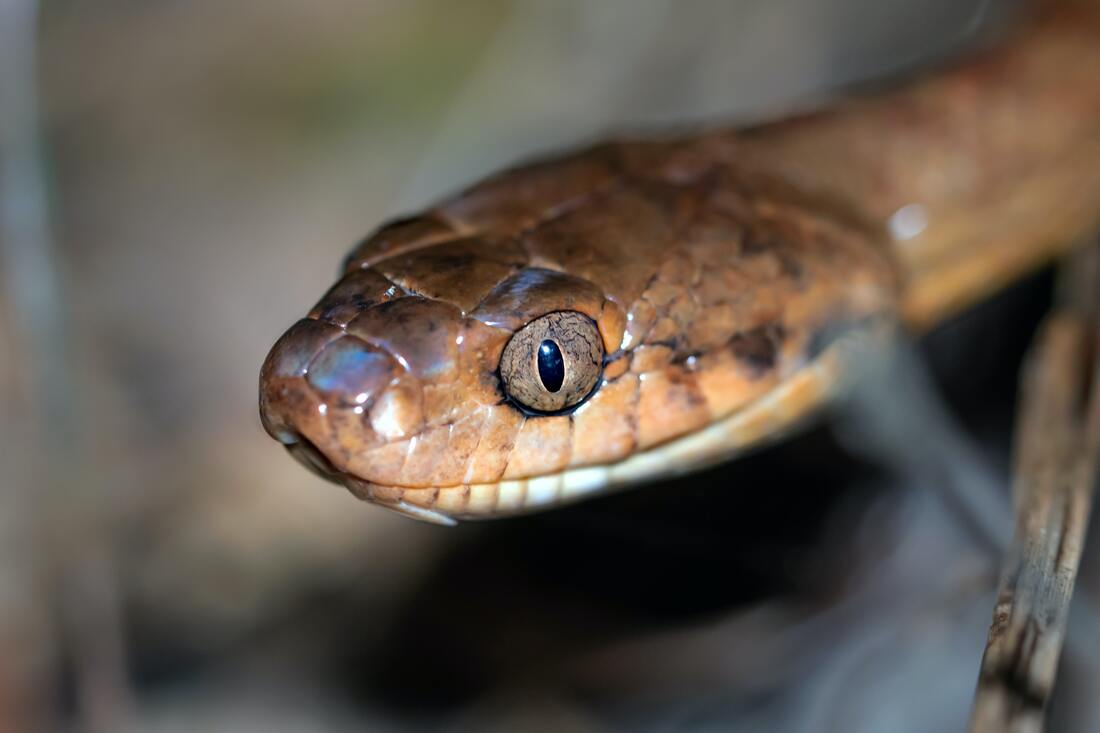
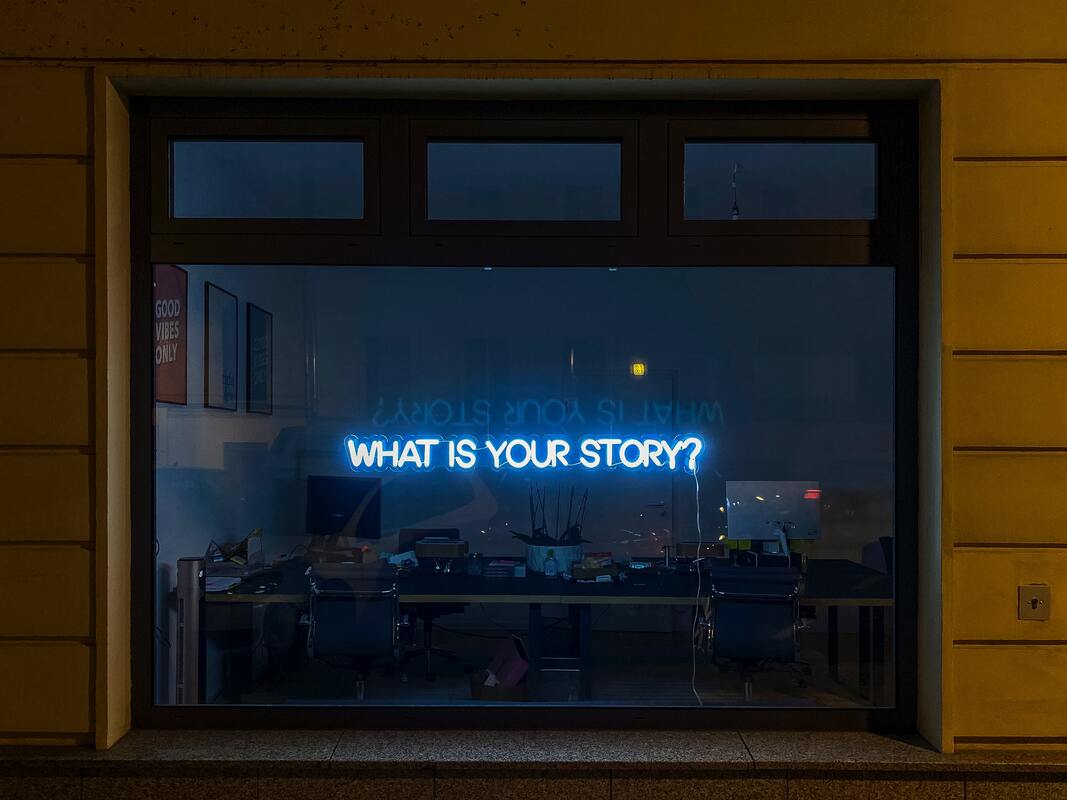
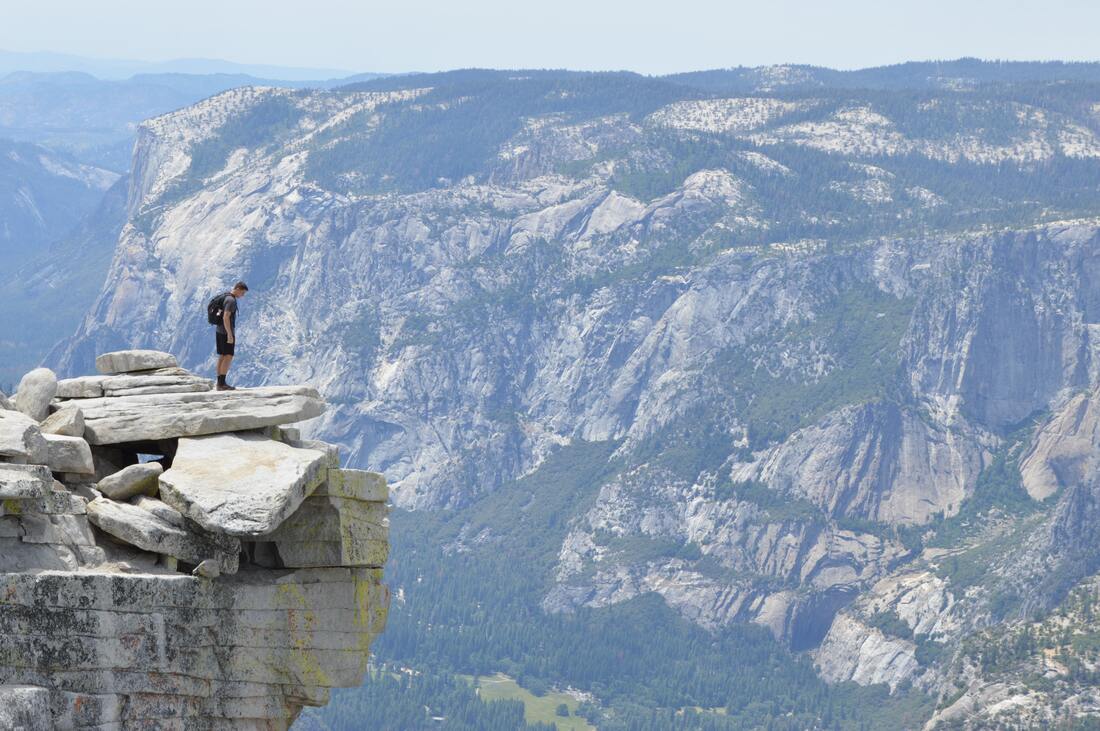
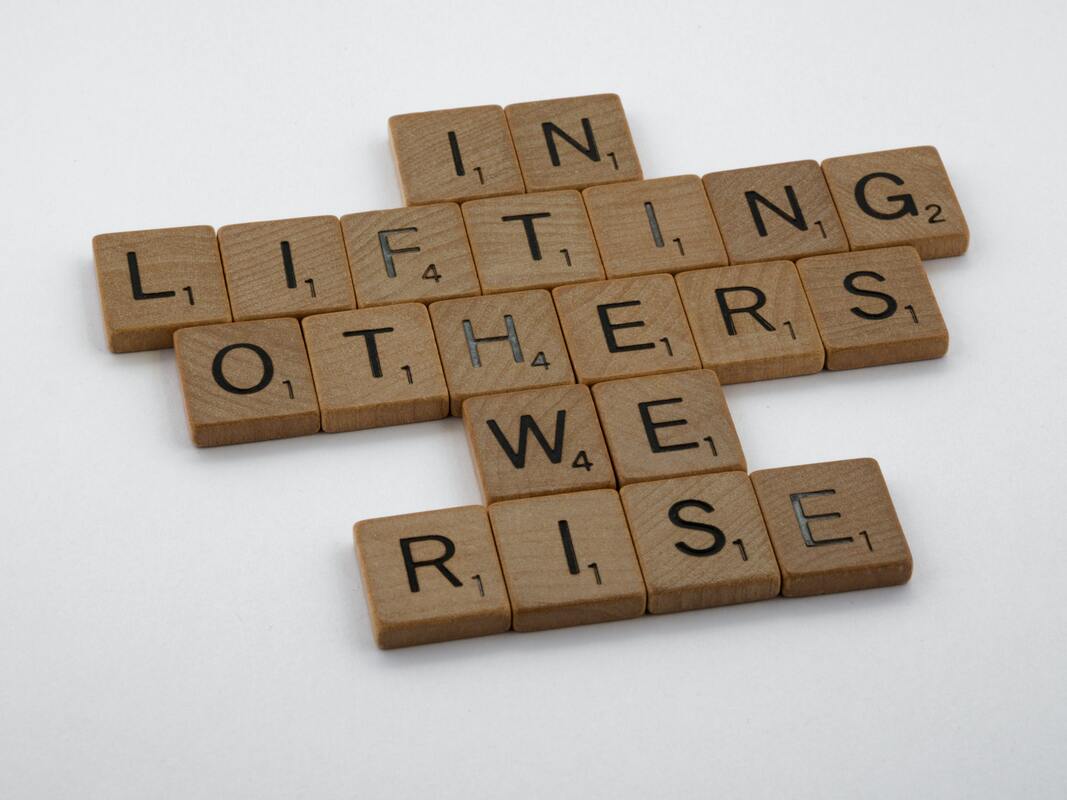
 RSS Feed
RSS Feed
